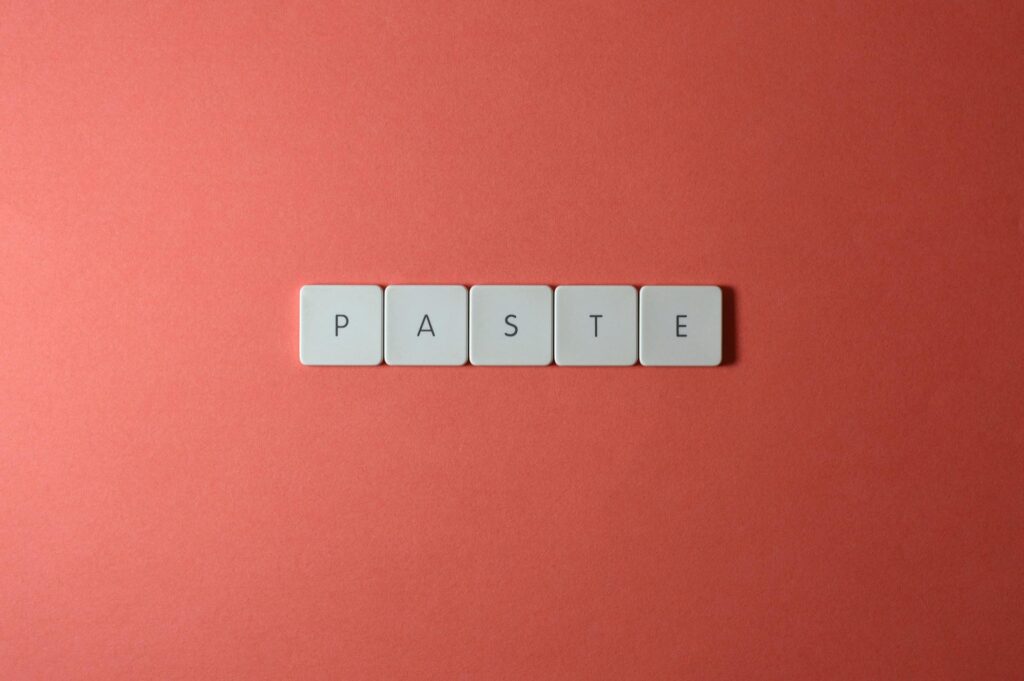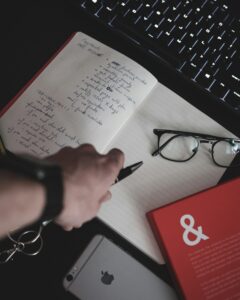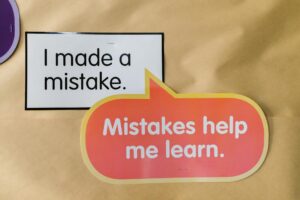
Plagiarism is one of the most serious offenses in academia, and it can lead to severe consequences, including academic penalties, suspension, or even expulsion. It involves presenting someone else’s work, ideas, or words as your own, either intentionally or unintentionally. As a university student, it’s essential to understand how to avoid plagiarism and handle it effectively in your academic writing. Here’s a guide to help you navigate this crucial aspect of academic integrity.
Table of Contents
1. Understand What Plagiarism Is
Before you can avoid plagiarism, you need to understand what constitutes it. Plagiarism can take various forms, including:
- Direct Plagiarism: Copying someone else’s work word-for-word without proper citation.
- Paraphrasing without Attribution: Rewriting someone else’s ideas in your own words without crediting the source.
- Self-Plagiarism: Submitting your previous work for a new assignment without permission.
- Accidental Plagiarism: Failing to cite a source correctly or not understanding how to paraphrase properly.
2. Always Cite Your Sources
Citing your sources is the most important way to avoid plagiarism. Whenever you use someone else’s ideas, words, data, or theories, you must give them credit. This applies to:
- Direct Quotes: When you copy text exactly as it appears in the source, use quotation marks and cite the source.
- Paraphrasing: Even if you rewrite the idea in your own words, you still need to provide a citation.
- Summarizing: When you condense an entire section or chapter into your own words, you must still reference the original source.
Each citation style (APA, MLA, Chicago, Harvard, etc.) has its own rules, so be sure to follow the correct format as required by your assignment.
3. Use Plagiarism Detection Tools
To ensure your work is original, make use of plagiarism detection tools. These tools compare your writing against a vast database of published works and student papers to identify similarities. Some popular tools include:
- Turnitin: Widely used by universities to check for plagiarism.
- Grammarly: Offers a plagiarism checker along with grammar suggestions.
- Quetext: An easy-to-use tool for plagiarism detection.
By running your paper through one of these tools before submission, you can catch unintentional plagiarism and make the necessary corrections.
4. Learn How to Paraphrase Effectively
Paraphrasing is a useful skill that allows you to restate information in your own words while still giving credit to the original source. To paraphrase effectively:
- Read Carefully: Understand the source material thoroughly before trying to paraphrase it.
- Use Your Own Words: Avoid using too many of the same words or phrases from the original text.
- Retain the Meaning: Ensure that your paraphrased version accurately reflects the original idea.
- Cite the Source: Even when paraphrasing, always cite the original work.
5. Plan Your Time to Avoid Last-Minute Copying
Plagiarism often occurs when students are in a rush to meet deadlines. To avoid the temptation of copying, plan your time effectively:
- Start Early: Give yourself enough time to research, write, and review your work.
- Create an Outline: Having a clear plan for your paper helps you stay organized and reduces the likelihood of plagiarizing.
- Take Notes Properly: When researching, always jot down the source of the information along with your notes to avoid confusion later.
6. Include a Proper Reference List
A properly formatted reference list or bibliography is essential to avoid plagiarism. Make sure:
- All Sources Are Included: Any source you referenced in the body of your paper must appear in your reference list.
- Correct Formatting: Follow the specific guidelines of the required citation style (APA, MLA, Chicago, etc.).
- Order and Format: List the sources in alphabetical order, and use the appropriate format for books, journal articles, websites, etc.
7. Understand Self-Plagiarism
Reusing parts of your previous assignments without proper citation is known as self-plagiarism, and it is usually prohibited in academic settings. If you want to use previous work, get permission from your instructor and make sure you cite your own prior work, as required by academic guidelines.
What to Do if You Are Accused of Plagiarism
If you are accused of plagiarism, it’s important to handle the situation carefully:
- Remain Calm: Panicking can make the situation worse. Take a step back and assess the situation rationally.
- Review the Evidence: Ask for specific examples of the alleged plagiarism so you can understand what went wrong.
- Explain Your Intentions: If it was an honest mistake, explain your side of the story. Some cases of plagiarism are unintentional, and professors might show leniency if you’re honest.
- Take Responsibility: If you did make an error, take responsibility and work with your instructor to rectify the issue. Universities may offer remedial actions, such as attending a plagiarism workshop or rewriting the assignment.
Need Help with Plagiarism-Free Assignments?
Worried about plagiarism in your academic writing? Assignment Expert UK is here to help! We provide:
- Original, plagiarism-free assignments written from scratch.
- Expert guidance on citation styles and proper referencing.
- Proofreading and plagiarism checking to ensure your paper is completely original.
- Timely delivery to help you meet your deadlines with confidence.
Don’t let plagiarism stand in the way of your academic success. Contact AssignmentExpertUK today for high-quality, plagiarism-free assignment help!



